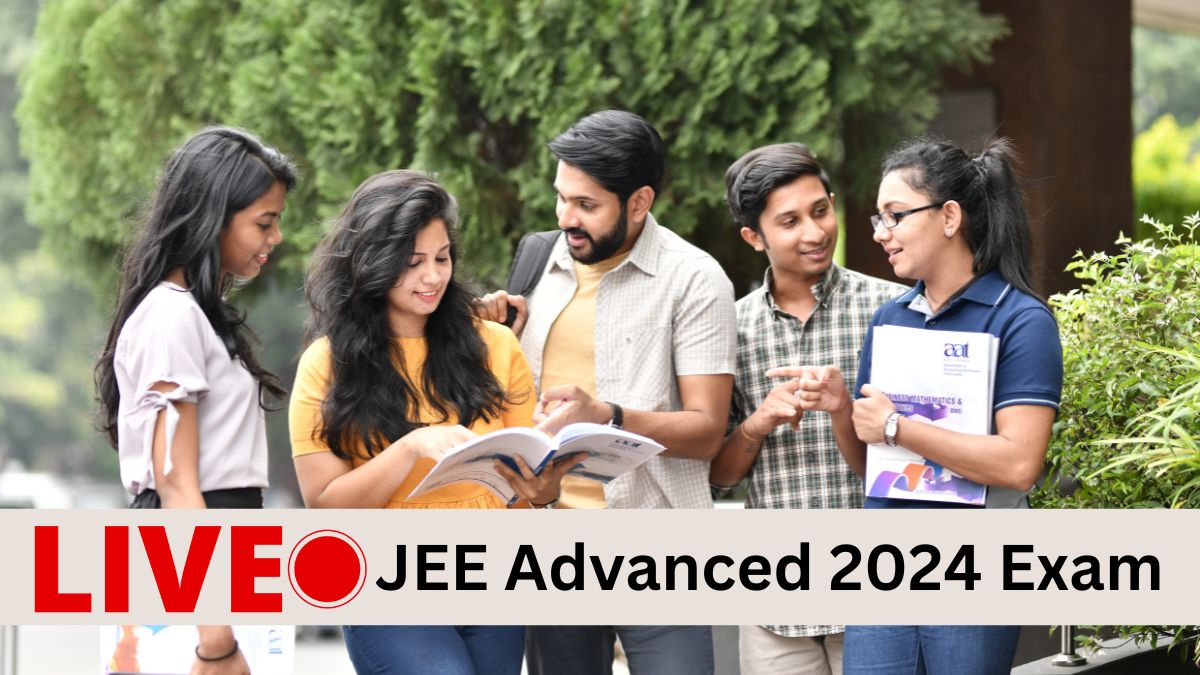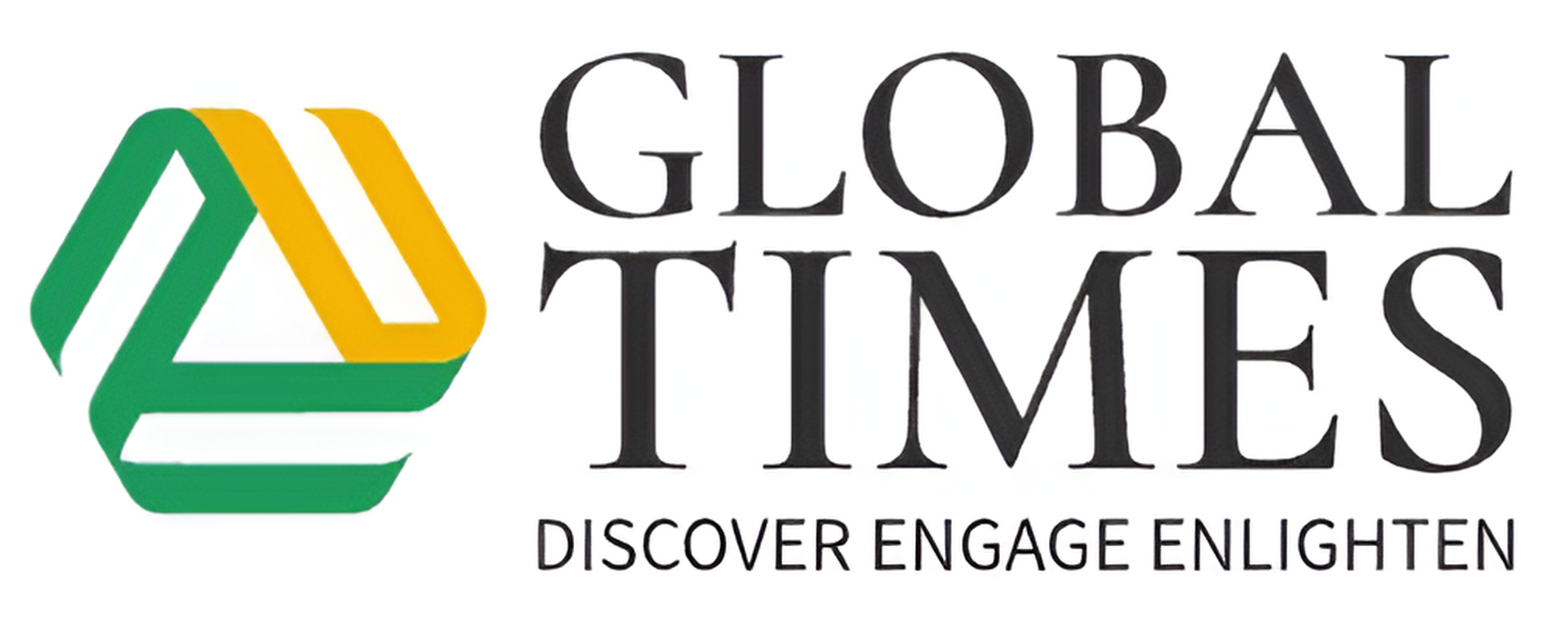Trending
JEE Advanced 2024 Analysis: Students Find Paper-2 More Challenging Than Paper-1

NEW DELHI – The Joint Entrance Examination (JEE) Advanced 2024 was conducted today, with IIT Madras overseeing the exam for admission to the 23 prestigious Indian Institutes of Technology (IITs). The exam consisted of two papers, Paper-1 and Paper-2, administered in two separate shifts. The first shift ran from 9 AM to 12 PM, while the second shift was held from 2:30 PM to 5:30 PM, with both papers conducted in a Computer Based Test (CBT) format.
Difficulty Levels of Paper-1 and Paper-2: Student Insights
Ramesh Batlish, managing partner of FIITJEE Noida Centres, shared detailed insights from students about the exam’s difficulty level.
Paper-1: Moderate to Difficult
Students generally found Paper-1 to be moderate to difficult. The feedback highlighted varied difficulty levels across subjects:
- Mathematics: Reported as easy to moderate. The questions covered topics like Functions, Limits, Definite Integrals, Matrices, Statistics, and Probability. Chapters such as Permutation & Combination, Probability, Complex Numbers, 3-D Geometry, Circles, and Ellipse had some challenging questions, with a few being lengthy.
- Chemistry: This section was deemed moderate. It was noted that Organic Chemistry had a higher weightage, with questions focusing on Amines, Polymers, Biomolecules, and Oxygen-containing Compounds, including some named reactions. Inorganic Chemistry featured direct questions from NCERT, while Physical Chemistry included topics like Chemical Kinetics, Chemical Equilibrium, Atomic Structure, and Thermodynamics.
- Physics: Considered the toughest of the three subjects. It had a balanced distribution of questions from Kinematics, Rotational Motion, Kinetic Theory of Gases, Modern Physics, Capacitors, Current Electricity, Optics, Electrostatics, and Electromagnetic Induction.
No mistakes were reported in the analysis of Paper-1, which contained 51 questions and was scored out of 180 marks. The computer-based format allowed students to clear responses, mark answers for review, and save and proceed to the next question. Scribble pads were provided for rough work.
Paper-2: Moderately Tough
Students found Paper-2 to be more challenging than Paper-1. Specific reactions included:
- Mathematics: Considered the toughest section. It included questions from Functions, Limits, Application of Derivatives, Definite Integrals, Area under Curve, Inverse Trigonometric Functions, Vectors, 3D Geometry, Circle, Parabola, Quadratic Equations, Permutation & Combination, and Probability.
- Chemistry: Rated as tricky. This section had equal weightage given to Organic, Inorganic, and Physical Chemistry. Questions in Inorganic Chemistry covered p-block elements, Chemical bonding, and Coordination compounds. Physical Chemistry focused on Electrochemistry, Ionic & Chemical Equilibrium, and Surface Chemistry. Organic Chemistry had questions on Aldehydes & Ketones, Polymers, Biomolecules, and mixed concepts, with comprehension-based questions on Qualitative Analysis.
- Physics: Considered moderately tough and somewhat unbalanced. Topics included Waves & Sound, Ray & Wave Optics, Fluids, EM Waves, Thermodynamics, Modern Physics, Kinematics, Gravitation, and Electrostatics. Some questions involved tricky and lengthy calculations.
Again, no mistakes were reported for Paper-2. It had the same structure as Paper-1, with 51 questions and a total of 180 marks. Students used the computer-based options to manage their responses, and scribble pads were available for rough work.
Conclusion
The JEE Advanced 2024 exam presented a range of challenges, with students generally finding Paper-2 to be tougher than Paper-1. The analysis provided by FIITJEE Noida Centres offers valuable insights into the varying levels of difficulty across subjects, helping future aspirants understand the nature of the exam and prepare accordingly.
Stay tuned for more updates and detailed analysis as experts continue to review the exam papers and share their insights.
